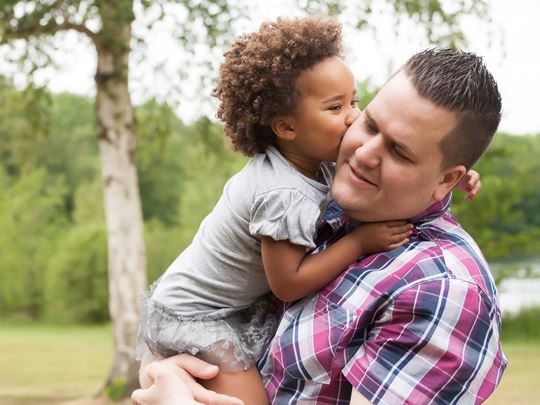They’re mainly boys over the age of 14, typically from the Middle East, Africa and even Eastern Europe. Many are escaping war, disease or famine.
Most have witnessed distressing events or experienced extreme hardship. Some have lost their parents or wider family or don’t know if they’re still alive. Even arriving in the UK isn’t the end of their journey. They have to begin their legal process to give them the right to remain in the UK and most will have to learn a new language and adapt to an different culture.
It’s here that ACS is especially well placed to help, by finding these young people homes with caring foster parents who can ease them into a new culture and support their application for asylum.
Specialising in multi-cultural fostering, we have a wide pool of foster parents who share the language and some of the culture of these children, and who can provide safety and stability at a time of huge uncertainty. This can be a deeply rewarding experience for both the young person and foster parent.
As sanctuary seeking children have often had very traumatic experiences and are facing a long legal process, we make sure that we support you throughout. Although the child lives with you and you’re in the front-line of the work, you’ll have all of this support behind you. You’ll also have access to a wide range of training, including courses about the experiences of children coming into care.

Think you’d make a great foster parent?
Whether you’re ready to start your journey or just want to chat to an expert, we’re here to talk.
Enquiry
The company takes the requirements of GDPR seriously in ensuring the privacy and lawful processing of personal data provided to us by you. Please view our privacy notice which explains how the company will manage and use your personal data. This site is protected by reCAPTCHA and the Google Privacy Policy and Terms of Service apply.
When you foster with us you’ll receive:
- Ofsted rated ‘Outstanding’ support 24 hours a day, 365 days a year
- A generous financial package
- A comprehensive training programme
- Regular peer group meetings
- A calendar of events, activities and days out for you, your family and the children you care for
- Access to key local community groups and further support resources
- Regular home support visits from your personal Link Worker
- Paid respite
Could you foster a Sanctury seeking child?
You don’t need to be married to foster, or even living with a partner, we welcome people regardless of their relationship status or sexuality. All we ask is:
- You have a spare bedroom
- You are over 21 years old
- You enjoy the company of young people
- You have a sense of humour and the ability to see the positive wherever possible
If this is you, we’d love to hear from you.
Other types of fostering

Emergency fostering
Children often enter the care system at very short notice, and usually when there’s been a crisis at home. Emergency foster parents are on stand-by for these occasions. Emergency fostering is usually short term but can develop into longer placements.

Short term fostering
This usually means anything from a few days up to two years, and usually involves plenty of contact with the child’s birth family while plans are put in place to get them back together.

Long term fostering
Typically this means two years and over, and usually until the child reaches the age of 18. It’s usually because they don’t wish to be adopted or aren’t able to return to their birth family – although they often stay in contact.

Fostering siblings
Here foster parents take on brothers and sisters together, improving their experiences and long term life chances. It demands more time and space and for this reason there’s a national shortage of foster parents for siblings.

Parent & child fostering
This is a truly specialist role, involving the short-term support of a pregnant young mum, but not exclusively. These placements help parents to learn vital parenting skills.

Fostering teenagers
Teenagers need a loving foster home every bit as much as younger children. But many people believe fostering teenagers will be more challenging. But our experience shows this isn’t the case.
